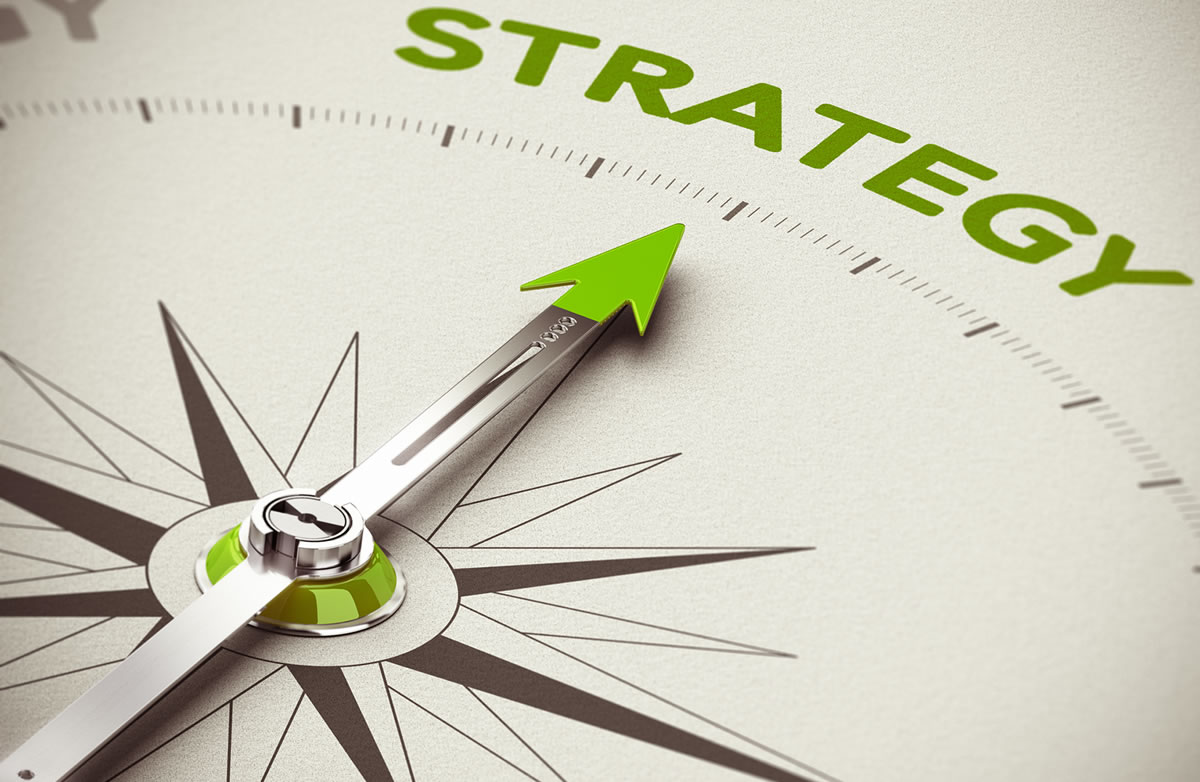
What Is Business Strategy?
Different businesses have different goals and take different routes to fulfil those goals. These routes constitute the business strategies of these businesses.
While it is easy to understand the definition of business strategy, sometimes it’s an uphill task to form and execute a successful one.
A business strategy is the combination of all the decisions taken and actions performed by the business to accomplish business goals and to secure a competitive position in the market.
It is the backbone of the business as it is the roadmap which leads to the desired goals. Any fault in this roadmap can result in the business getting lost in the crowd of overwhelming competitors.
Importance Of Business Strategy
A business objective without a strategy is just a dream. It is no less than a gamble if you enter into the market without a well-planned strategy.
With the increase in the competition, the importance of business strategy is becoming apparent and there’s a huge increase in the types of business strategies used by the businesses. Here are five reasons why a strategy is necessary for your business:
1. Planning
Business strategy is a part of a business plan. While the business plan sets the goals and objectives, the strategy gives you a way to fulfil those goals. It is a plan to reach where you intend to.
2. Strengths & Weaknesses
Most of the times, you get to know about your real strengths and weaknesses while formulating a strategy. Moreover, it also helps you capitalise on what you’re good at and use that to overshadow your weaknesses (or eliminate them).
3. Efficiency & Effectiveness
When every step is planned, every resource is allocated, and everyone knows what is to be done, business activities become more efficient and effective automatically.
4. Competitive Advantage
A business strategy focuses on capitalising on the strengths of the business and using it as a competitive advantage to position the brand in a unique way. This gives an identity to business and makes it unique in the eyes of the customer.
5. Control
It also decides the path to be followed and interim goals to be achieved. This makes it easy to control the activities and see if they are going as planned.

Levels Of Business Strategy
The business goal is achieved by the effective execution of different business strategies. While every employee, partner, and stakeholder of the company focus on fulfilling a single business objective, their activities are defined by various business strategies according to their level in the organisation. Business strategies can be classified into three levels:
Level 1: The Corporate Level
The corporate level is the highest and most broad level of the business strategy. It is the business plan which sets the guidelines of what is to be achieved and how the business is expected to achieve it. It sets the mission, vision, and corporate objectives for everyone.
Level 2: The Business Unit Level
The business unit level is a unit specific strategy which differs for different units of the business. A unit can be different products or channels which have totally different operations. These units form strategies to differentiate themselves from the competitors using competitive strategies and to align their objectives with the overall business objective defined in the corporate level strategy.
Level 3: The Functional Level
The functional level strategies are set by different departments of the units. The departments include but are not limited to marketing, sales, operations, finance, CRM etc. These functional level strategies are limited to day to day actions and decisions needed to deliver unit level and corporate level strategies, maintaining relationships between different departments, and fulfilling functional goals.
Key Components Of A Business Strategy
While an objective is defined clearly in the business plan, the strategy answers all the whats, whys, whos, wheres, whens, & hows of the fulfilling that objective. Here are the key components of a business strategy.
Mission, Vision, & Business Objectives
The main focus of a business strategy is to fulfil the business objective. It gives the vision and direction to the business with clear instructions of what needs to be done, how it needs to be done, and who all are responsible for it.
Core Values
It also states the ‘musts’ and ‘must nots’ of the business which clarify most of the doubts and give a clear direction to the top level, units, as well as the departments.
SWOT
A SWOT (strengths, weaknesses, opportunities, and threats) analysis is a rundown of the company’s current situation. It is a necessary component of a business strategy as it represents the current strengths and opportunities which the company can make use of and the weaknesses and threats which the company should be wary of.
Operational Tactics
Unit and functional business strategies get deep into the operational details of how the work needs to be done in order to be most effective and efficient. This saves a lot of time and effort as everyone knows what needs to be done.
Resource Procurement & Allocation Plan
The strategy also answers where and how will you procure the required resources, how will it be allocated, and who will be responsible for handling it.
Measurement
Unless there are no control measures, the viability of a business strategy can’t be assessed properly. A good business strategy always includes ways to track the company’s output and performance against the set targets.
Author: Safwan Ul Amin (Business Sales Director)
I have over 20 years experience in various business industries. Contact me on 02037332315 or [email protected] if you are thinking about buying or selling a business via our platform.
Sorry, the comment form is closed at this time.



